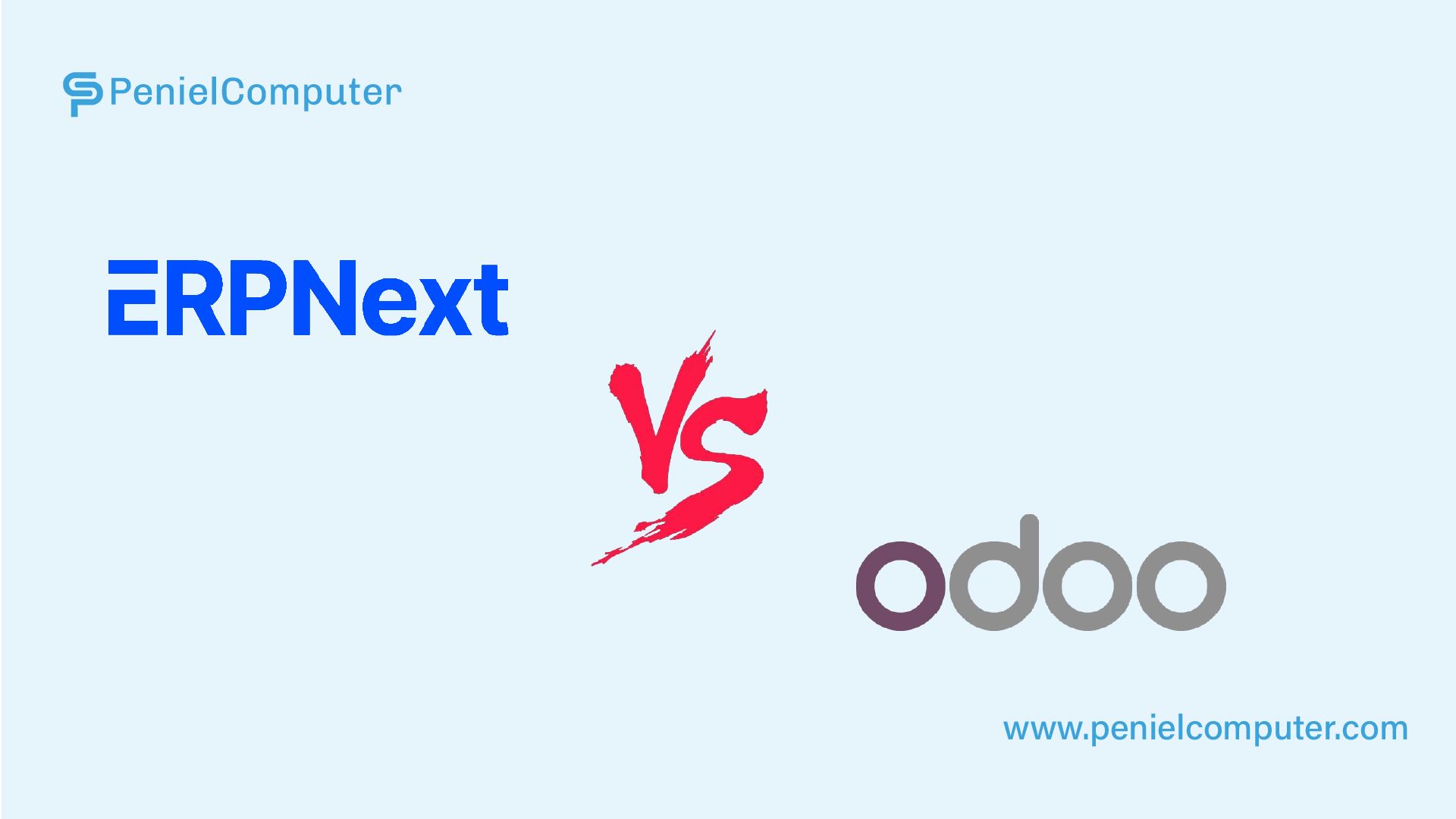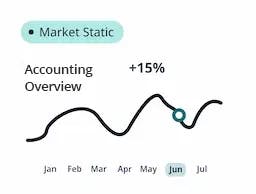
Admin
2024-01-16

When it comes to choosing the right open-source ERP solution for your business, two names that often come up are ERPNext and Odoo (formerly known as OpenERP). Both ERPNext and Odoo offer a wide range of features to streamline business processes and enhance productivity. In this blog post, we will compare ERPNext and Odoo, highlighting their key features, benefits, and considerations to help you make an informed decision for your organization.
Contact us?
ERPNext: An All-in-One ERP Solution
1.1 Comprehensive Modules: ERPNext offers a complete suite of modules, covering areas such as accounting, inventory management, sales, purchasing, project management, HR, CRM, and more. This comprehensive approach allows businesses to manage various aspects of their operations within a single system.
1.2 User-Friendly Interface: ERPNext provides an intuitive and user-friendly interface, making it accessible for users of all technical backgrounds. Its clean design and well-organized workflows contribute to an enhanced user experience.
1.3 Scalability and Customization: With ERPNext's open-source nature, businesses can customize and extend the system according to their specific requirements. It offers flexibility and scalability, making it suitable for organizations of all sizes.
Odoo: Modular ERP with Extensive App Ecosystem
2.1 Modular Approach: Odoo follows a modular structure, allowing businesses to select and implement the specific modules that meet their needs. The modular approach enables organizations to start with essential functionalities and gradually add more modules as required.
2.2 Wide App Ecosystem: Odoo boasts an extensive app ecosystem, offering a vast selection of third-party apps and integrations. These apps cover a wide range of functionalities, allowing businesses to further expand the capabilities of their ERP system.
2.3 Versatility and Community Support: Odoo has a large and active community that contributes to the development and improvement of the software. The community provides support, shares knowledge, and ensures the availability of resources for users.
Feature Comparison
3.1 Accounting and Financials:
- ERPNext: Robust accounting module with features like ledger management, financial statements, multi-currency support, budgeting, and tax calculations.
- Odoo: Comprehensive accounting features, including general ledger, invoicing, tax management, multi-currency support, and customizable financial reports.
3.2 Inventory and Warehouse Management:
- ERPNext: Advanced inventory management with features like stock reconciliation, batch and serial number tracking, stock valuation, warehouse management, and purchase/sales order processing.
- Odoo: Powerful inventory management capabilities, including inventory tracking, warehouse management, stock valuation, and automated procurement and reordering.
3.3 Sales and CRM:
- ERPNext: Integrated CRM module with lead management, opportunity tracking, customer support, marketing campaigns, and customer portal integration.
- Odoo: Robust CRM functionalities, including lead management, opportunity tracking, customer support, marketing automation, and customer portal integration.
3.4 Manufacturing and Production:
- ERPNext: Comprehensive manufacturing module covering features like bill of materials, production planning, work order management, quality control, and shop floor control.
- Odoo: Advanced manufacturing capabilities, including master production scheduling, material requirements planning (MRP), work center management, quality control, and product lifecycle management (PLM).
Deployment Options
4.1 ERPNext: Offers both on-premises and cloud-based deployment options. The cloud-based version provides accessibility, automatic updates, and simplified maintenance.
4.2 Odoo: Provides on-premises deployment as well as a cloud-based offering known as Odoo.sh. Odoo.sh offers a managed hosting environment with automated upgrades and scalability.
Cost Considerations
5.1 ERPNext: Follows a subscription-based pricing model, offering different plans based on the number of users and required functionalities. Self-hosting options are also available for customization.
5.2 Odoo: Pricing is modular, with businesses paying for the specific modules they require. Additional costs may apply for third-party apps and integrations.
Conclusion:
Both ERPNext and Odoo are powerful open-source ERP solutions that cater to the diverse needs of businesses. ERPNext offers a comprehensive, all-in-one approach with a user-friendly interface, while Odoo adopts a modular approach with an extensive app ecosystem. Consider your specific business requirements, scalability needs, and budget considerations to determine which solution aligns best with your organization's goals. Evaluating demos, seeking community feedback, and consulting with ERP experts can further assist in making an informed decision.
Latest News
From Our blog and Event fanpage




